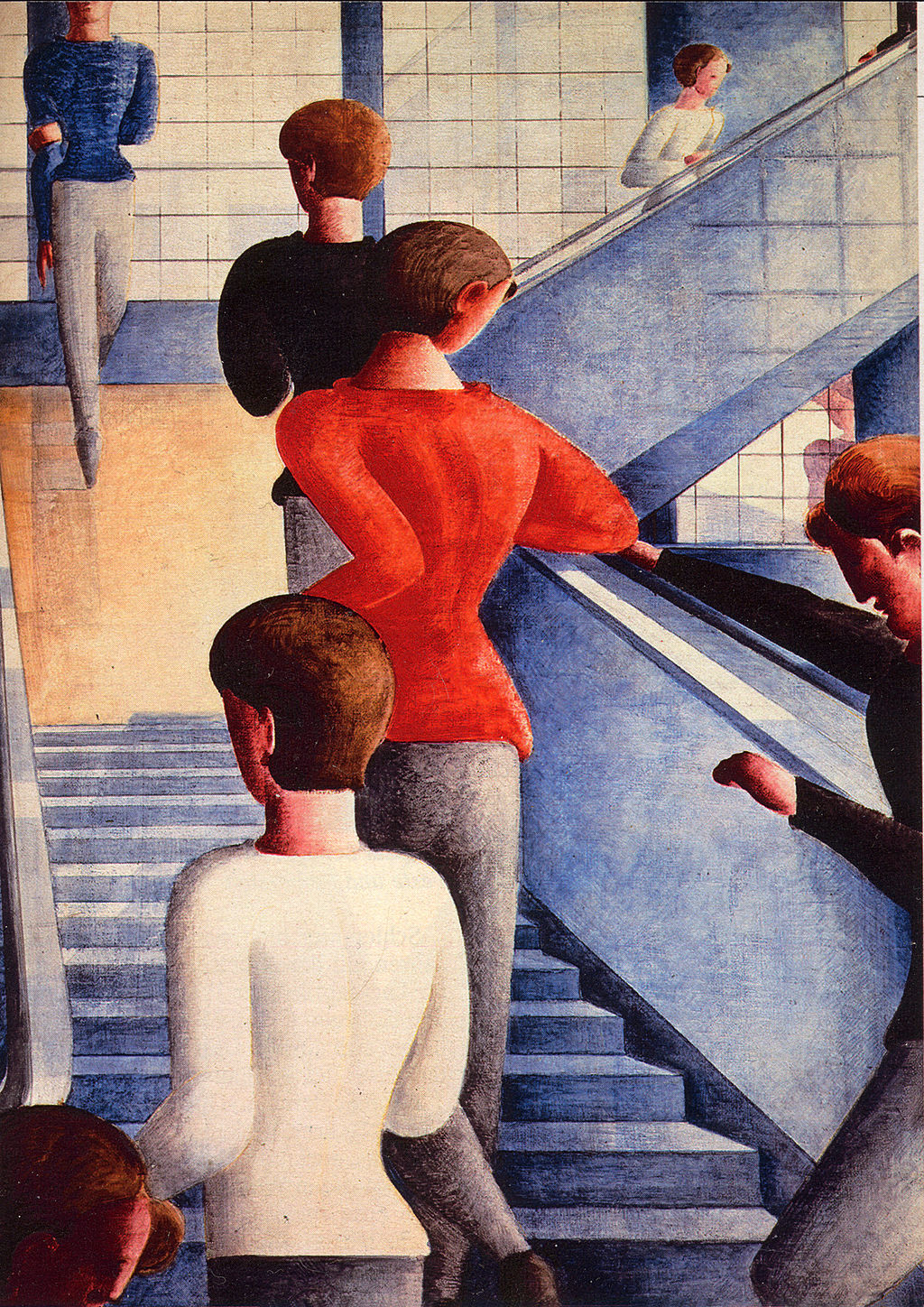
The use of technology. I started as an undergraduate in 1992 and I remember hand-writing all of my first-year assignments. You could not email your tutor to get clarification or feedback, as they didn’t have email! As for the internet? I wrote an entire honours thesis without it, although by 1994 I had a basic word processor. The university library was my best friend. IT is an incredibly powerful tool for researching and documenting ideas. I don’t know that my first year students can imagine their lives without it.
The thing that gives me the most joy in teaching is…

Watching students’ perspectives shift when they are exposed to historical research, new theoretical frameworks, philosophies, and works of art, music, and literature. Everything we create and design will be used or experienced by human beings in some way. I love encouraging technical and practise-based students to build empathy by teaching them critical thinking skills grounded in the humanities. This also allows them to develop and articulate more sophisticated ideas that translate into powerful designs.
If I could wave a magic wand, the thing I would change about learning and teaching in 2017 is…
I’d get students off their smart devices and more aware of the world around them! This might be an old-fashioned thing to say in a Futures blog, but the world has changed so rapidly in the last 25 years that putting down the telephone and picking up a book and a pen occasionally is now enough of a novelty to be a powerful learning and teaching exercise.
The best advice for teaching I’ve ever received is…
You have to love them all and encourage their ideas. So many students come to university too afraid to follow their own interests. Showing students the love also means helping them realise that they can pick topics of study that genuinely interest them, rather than topics they think their tutor likes. This helps students sustain their interest and curiosity in a subject so that the things they learn will stay with them.

On my next trip away (for work or play), I’m going to….
Stuttgart and Munich to research Oskar Schlemmer’s costumes for the Triadic Ballet, which was first performed in 1926. Schlemmer was one of the leading figures in the Bauhaus movement in Germany that emerged after WWI and spanned the design disciplines of art, fashion, architecture, product design and theatre.
I love it when I can use my own research to help students to develop their own aesthetic lexicons. Engaging with the design processes and practises of a key Bauhaus practitioner on a really deep, archival level means I can really bring exciting insights to my students across a range of design disciplines. I’ll probably drink huge mugs of beer while I’m in Germany, too.
Dr Emily Brayshaw is a cultural and design historian who teaches in UTS’ Faculty of Design, Architecture & Building. Follow Emily on Twitter.
